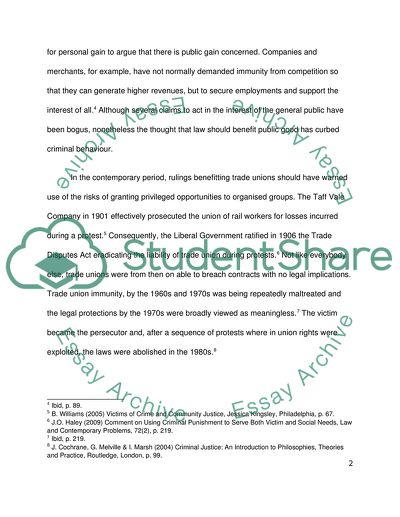Cite this document
(The Nature and Implications of the Growing Political Importance of Research Paper, n.d.)
The Nature and Implications of the Growing Political Importance of Research Paper. Retrieved from https://studentshare.org/politics/1745809-the-nature-and-implications-of-the-growing-political-importance-of-victims-of-crime-in-england-and-wales
The Nature and Implications of the Growing Political Importance of Research Paper. Retrieved from https://studentshare.org/politics/1745809-the-nature-and-implications-of-the-growing-political-importance-of-victims-of-crime-in-england-and-wales
(The Nature and Implications of the Growing Political Importance of Research Paper)
The Nature and Implications of the Growing Political Importance of Research Paper. https://studentshare.org/politics/1745809-the-nature-and-implications-of-the-growing-political-importance-of-victims-of-crime-in-england-and-wales.
The Nature and Implications of the Growing Political Importance of Research Paper. https://studentshare.org/politics/1745809-the-nature-and-implications-of-the-growing-political-importance-of-victims-of-crime-in-england-and-wales.
“The Nature and Implications of the Growing Political Importance of Research Paper”, n.d. https://studentshare.org/politics/1745809-the-nature-and-implications-of-the-growing-political-importance-of-victims-of-crime-in-england-and-wales.


